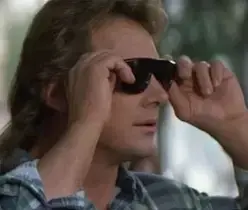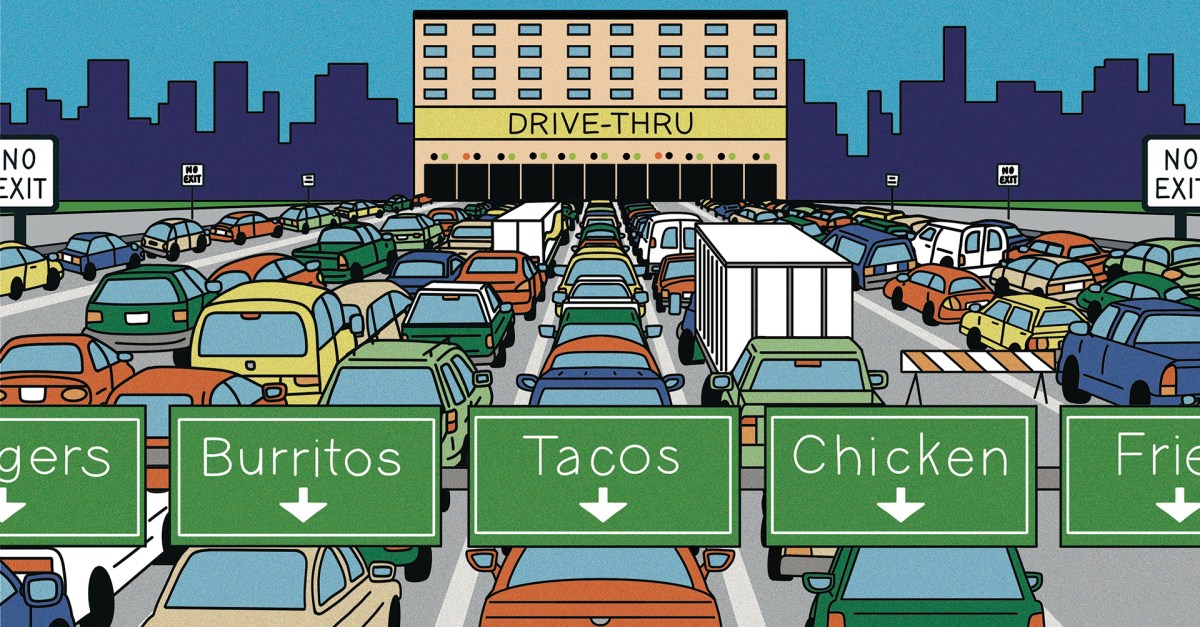Just outside St. Louis, in the inner-ring suburb of University City, there’s a little neighborhood often called the region’s unofficial Chinatown. Growing up in the area, it was one of my favorite places to be; reflective of the city’s diversity and vitality, it opened up the world to me. This past December, when I went home for the holidays, I discovered that what was once a beloved strip of immigrant- and minority-owned businesses there — a Korean grocery, a pho shop, a Jamaican joint with vegetarian options, a Black-owned barber shop — had been bulldozed and replaced by a double-lane drive-through Chick-fil-A.
“Drive-throughs have been around a long time,” Charles Marohn, a former traffic engineer and well-known critic of America’s car-dependent urban planning, told me. Today, he said, “they’re becoming bigger and more obnoxious.”
That trend conflicts with a key objective that US cities are increasingly prioritizing: creating a safer, cleaner, walkable, livable urban environment that’s less dependent on cars. St. Louis and its suburbs, for example, in recent years have been building out bike lanes and walking and biking paths, including a segment that runs right up to the site of the new fried chicken and Chipotle drive-throughs. Where, exactly, are the people walking or biking that path supposed to go when they arrive at a development designed to be navigated only by car?
This was a really good article that I wanted to share.



I don’t understand. It’s usually faster to park, walk in, place your order, and walk out. Why would being a taxi driver name a difference? You’ll be back on the road making money faster if you don’t wait in the ridiculous drive through line.
It’s definitely not faster to go inside unless there’s a line.
Right. That makes sense.
The person you’re responding to is talking about when there is a line and it being faster to walk in, though.